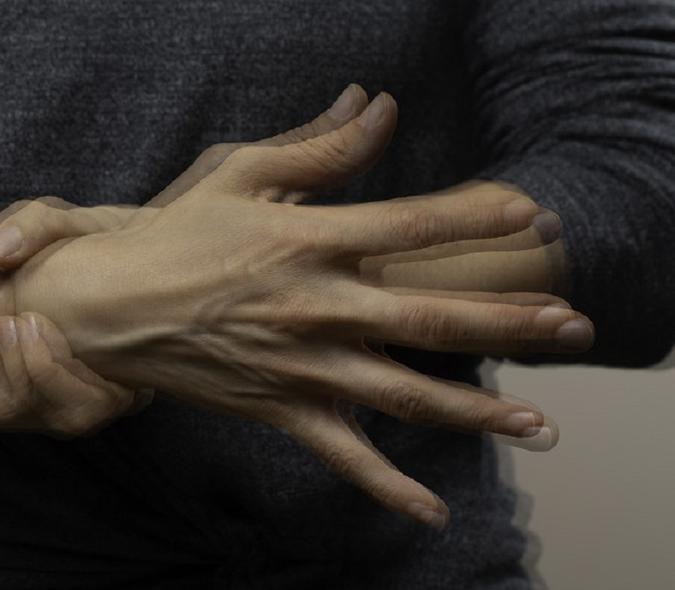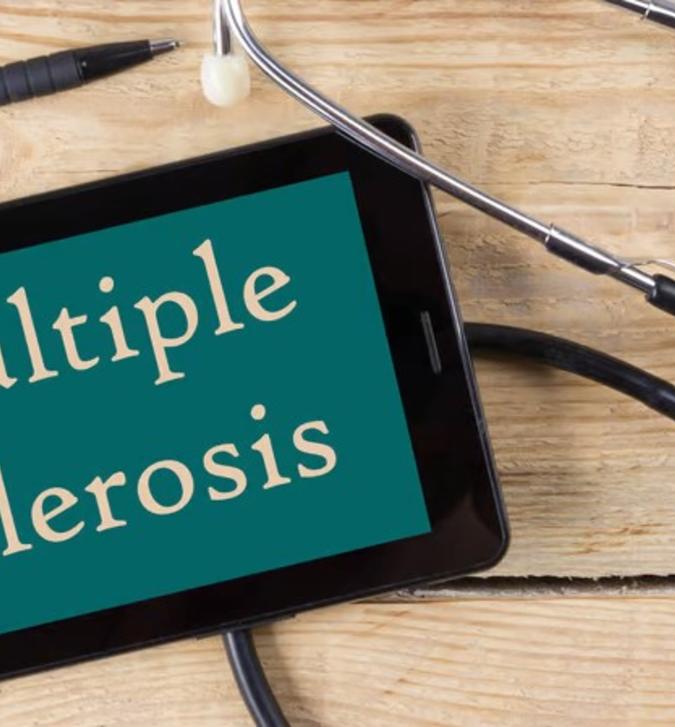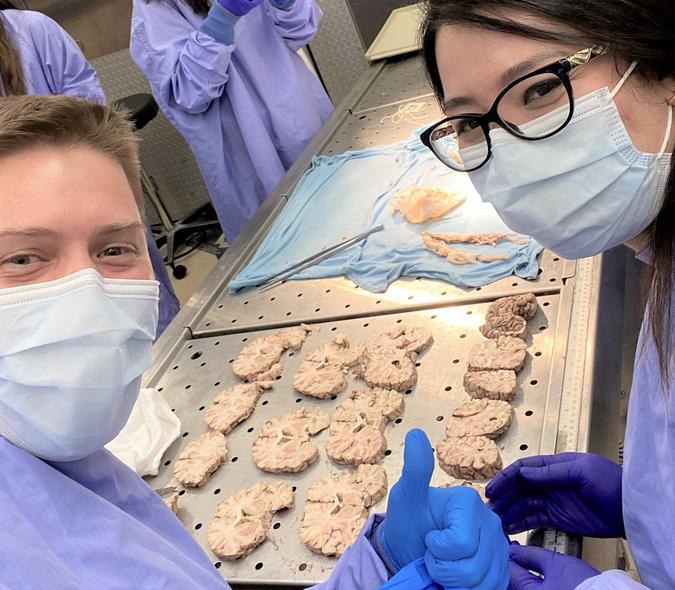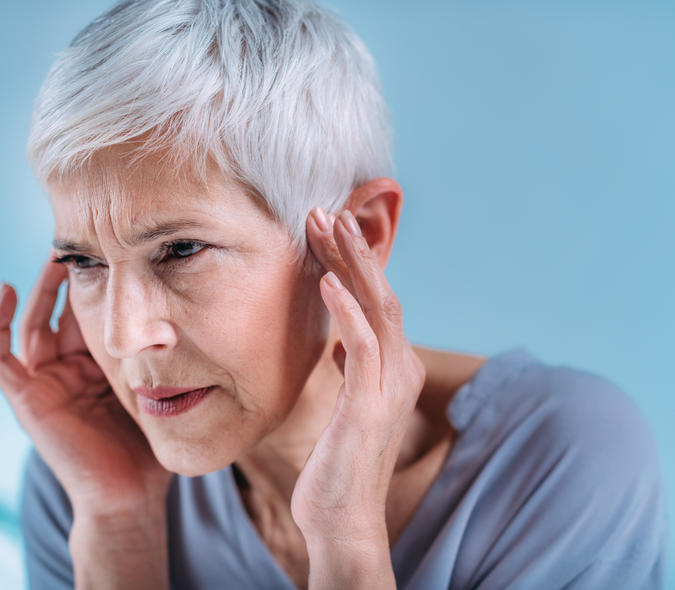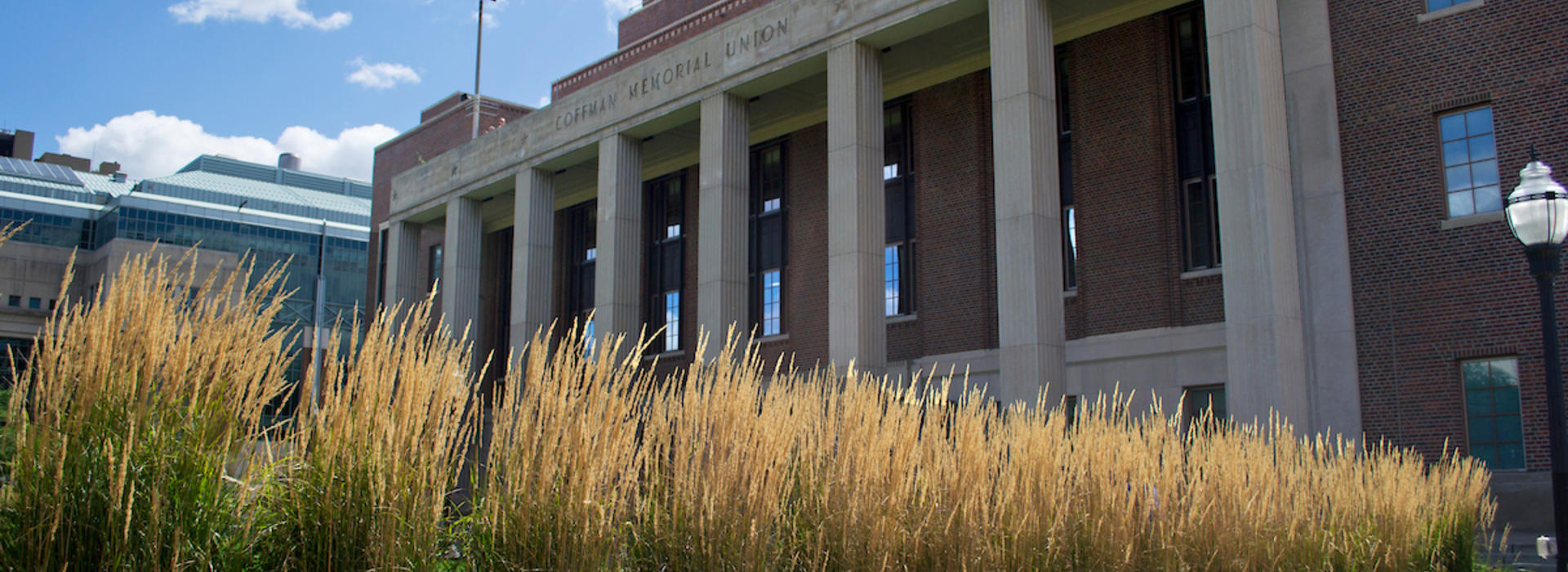
Neuropsychology conference hosted by the U to change how the subspecialty is taught
In September 2022, 50 to 60 delegates and about a dozen experts from U.S. academic centers that have neuropsychology programs will come to the University of Minnesota for five days to fulfill a special mission – redefining and enhancing existing educational guidelines for the subspecialty. This is a big deal, according to Professor and Neuropsychology Postdoctoral Program Director Doug Whiteside, PhD, ABPP-CN, of the Rehabilitation Medicine Department’s Adult Neuropsychology Division. “Most of the leaders of the profession will be in Minneapolis to hash all this out,” he said. “It’s very exciting.”
Every medical profession has a model for training based on what’s important for practitioners to do and know. “These models include the required skills, knowledge, and aptitudes,” said Dr. Whiteside. “In 1996, our national organization came together to develop a similar set of training guidelines that have been used ever since.”
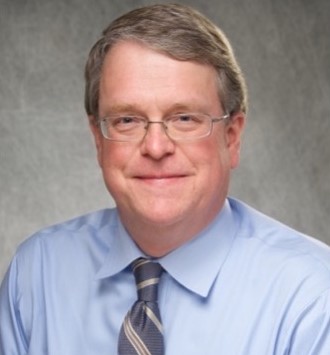
Updates are needed
Dr. Whiteside (pictured here) noted that it has been clear for some time that the guidelines are missing important information. “The competencies aren’t fleshed out, and there is little mention of diversity, equity and inclusion, or about how we integrate the role of technology into our training model,” he said. “The tech in 1996 was nowhere near where it is today.”
Next year’s conference isn’t intended to completely rewrite neuropsychology training requirements. “We will still have a two-year postdoctoral fellowship … there will still be specific requirements for the doctoral degree and internship,” said Whiteside. “What we foresee is moving toward more uniform professional competencies that will integrate technology and diversity more clearly. The goal is to create an aspirational policy document to guide neuropsychology training for many years to come.”
Remarkable consensus
The conference has the buy-in of all the major national organizations that have a stake in it: the National Academy of Neuropsychology, the American Psychological Association’s Division 40 (also called the Society for Clinical Neuropsychology), training organizations such as the Association of Postdoctoral Programs in Clinical Neuropsychology (Dr. Whiteside is the current president), various constituency organizations such as the Society for Black Neuropsychology, Asian Neuropsychological Association, and the affiliated accrediting boards. “They have agreed that this needs to happen,” said Dr. Whiteside. “It’s remarkable that we have this much consensus among these stakeholders.”
While there is agreement that the conference needs to happen, Dr. Whiteside anticipates that a lot of discussion and debate will occur as the attendees map out the recommended changes. And when the recommendations have been approved, that doesn’t mean the entire profession will adopt them overnight. “Our experience from the first go-round was that it took five to seven years before those guidelines were fully in place,” said Whiteside. “The advantage this time is that while programs will be asked to adopt new competencies, the overall training structure isn’t going to change much.”
Spotlight on the U
Hosting the conference puts the U of M in a big spotlight. “The conference will raise our stature nationally in the neuropsychology profession,” said Whiteside. “It will make both our neuropsychology program and the University very well known.”
Dr. Whiteside is co-chairing the Planning and Process Committee for the conference. “We’re responsible for putting together the administrative structure of the meeting, setting the agenda, and identifying speakers and experts,” he said. “It’s a big lift. We have to provide enough structure for the delegates and speakers to be successful but not so much structure that we’re micromanaging.”
Takes a village
Getting the conference off the ground is a community effort. “We’re collaborating with our colleagues at the VA Medical Center, UMN Pediatric Neuropsychology, and at Courage Kenney Institute on all of this,” Whiteside said. “We plan to get the graduate counseling psychology program at St. Thomas University involved as well.” In addition to Whiteside, the U of M team working on the conference includes Department Head Leslie Morse, DO; Adult Neuropsychology Division Director Erin Holker, PhD, ABPP-CN; and division faculty members James Porter, PhD, ABPP-CN; and Eric Waldron, PhD, ABPP-CN. Learning and Development Manager Carly Anderson, MSEd, and Administrative Associate Natalie Niskanen are providing logistical and administrative assistance.
